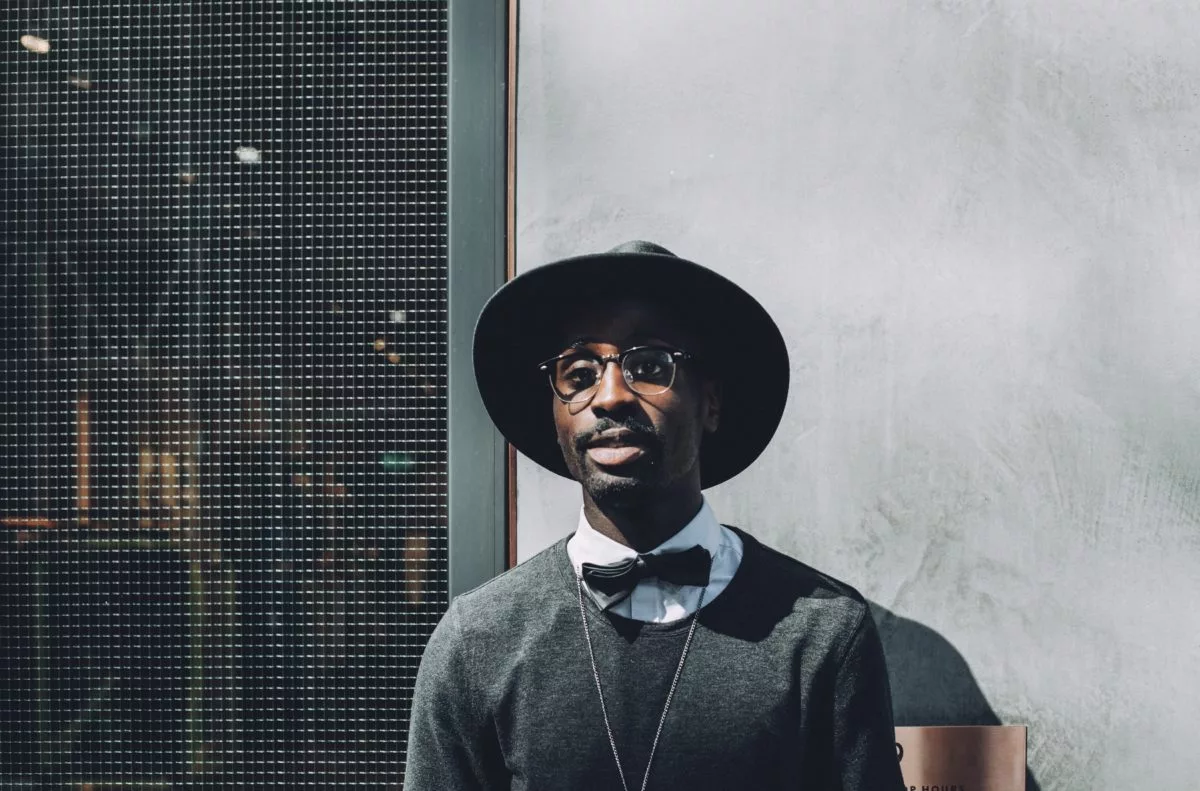The Changing Character of Diversity
For decades, workplace diversity was treated as an issue of legal compliance. Our predominately white male hegemony, which felt threatened by women and minorities entering the workforce, grudgingly began dismantling their glass ceilings (and in many cases very concrete ceilings) fearing regulatory sanction. Around the 1990s, diversity began to emerge as an issue of “sensitivity” or “tolerance,” with business leaders becoming as concerned with their reputations as they were with regulatory compliance. Today, the issue has evolved into one of core business strategy, as customers develop more discerning tastes for the social defensibility of the companies from which they buy. And, while open racism, sexism, homophobia and cissexism have by no means been defeated, the best companies across all sectors now understand that promoting diversity is critical to maintaining social license.
But for conscious companies, which aim to serve a higher social purpose and challenge the status quo, the bar is higher. For them, diversity is about more than social license. Promoting diversity has become a “ticket to play” for purely profit-seeking businesses, but social-purpose businesses must do more than just play: they must try to change the game.
Why Diversity is Indispensable for Social Impact
Our most critical social challenges are complex, structural, and systemic. There is no “silver bullet” solution, for example, to wealth inequality. This complexity means that we will never all the answers. True commitment to social impact demands that we build our strategies around questions: striving to be “learning organizations” that search for new insights into the challenges and experimenting with different approaches. These are tough questions with complex answers. For example, the question at the heart of Whole Foods’ work, “How do we make fresh, healthy food more accessible to people throughout our community?” does not have a single answer; rather it serves as a rallying point for organizational learning and community engagement.
Authentically asking such questions requires a whole-systems perspective (PDF). Without it, even the most socially-minded companies risk becoming “locked in” to a single perspective or settling for being socially defensible (“we are not contributing to the problem”) rather than socially impactful (“we actively work to solve the problem”). Complexity is all about contradictions (PDF): two beliefs about an issue might both be “true” but also in conflict. Learning is what happens when we find common ground in conflicting perspectives. The challenge of improving maternal health, for example, looks very different to an expectant mother in rural Ghana than it does to the CEO of a healthcare company in the capital city. Without all perspectives, you cannot see the whole system (PDF).
For conscious businesses, the kind of diversity that helps you build a learning organization — what we call “deep diversity” — is thus a fundamental criterion for impact. “Deep diversity” means more than gender and ethnic diversity, though these are crucial. It also includes diversity in social perspective: the variety of lenses through which different segments of society view our challenges. Is the issue you care about one of class, sustainability, economics, information, gender, or power? Chances are, it’s a mix of all of these and more. Truly impactful conscious companies harness deep diversity to identify innovation opportunities, build trust with customers, avoid groupthink, and better understand what’s really valuable to those they want to help.
For example, the Ghana-based social enterprise Voto Mobile has strived to build a company culture that appreciates the diverse social perspectives relevant to its mission. Voto uses mobile technology to change who has power and voice in the development process, “making it easy for businesses, governments, and NGOs to share information and gather feedback through interactive SMS or voice calls in local languages — using mobile to instantly reach across distance, language, and literacy barriers.” Voto’s staff members have been carefully selected to represent the various viewpoints on that challenge: end users, paying customers, how technology is built and used, livelihood contexts of intended beneficiaries, and gender issues. Acknowledging that it will never have all the answers, Voto also relies on its clients to educate it on the context of their particular initiative.
Creating Conditions for Impact through Deep Diversity
There are thousands of how-to guides, tools, and articles on promoting gender and ethnic diversity in the workplace. Fundamentally, promoting “deep diversity” is no different, although it does call for an even deeper reflection on the varied social perspectives that matter in your work. Whether your mission concerns inequality, sustainability, poverty, or any other social issue, there will always be many different ways to frame the challenge.
Conscious business leaders must ask themselves: what questions lie at the heart of our mission? Which different social and political lenses might people use to answer those questions?
If some of these make me uncomfortable, is that discomfort justified, or am I missing out on opportunities for learning? Once you understand the different ways the challenge can be viewed, you can begin to hire for diversity in social perspective.
Finally, the critical challenge for any leader looking to leverage diversity for impact is to create the conditions for learning without introducing chaos. You don’t want your organization to become a conflict zone in which nothing gets done. This is where leadership comes in: a leader’s task is to create an environment of learning through action, ensuring the tough questions are asked while you keep moving forward. In fact, leading business strategist Julian Birkinshaw has described business leadership as the promotion of emergence while keeping entropy at bay. For example, successful leaders create “collision spaces” in their organizations: meetings and spaces in which debate is encouraged, but is also facilitated to ensure the focus stays on learning.
If we are to be authentic, the struggle to create a values-driven economy demands that we venture into socially and politically sensitive territory. Challenging the status quo will always be hard, but, by leveraging “deep diversity,” conscious companies can continue to demonstrate that impact is possible, even in the toughest of circumstances.




